Inside a nondescript brick warehouse on Preston Street in Houston, a crowd gathered with their hopes cast on the future. Assembled among the 60-person flock were Byron Spruell, president of league operations for the NBA, and TikTok food influencer Keith Lee, who stood in the back wearing a Yankees varsity jacket, evading what attention he could. “I need to tell him that our city’s food is not that bad,” a LinkedIn executive from San Francisco said.
They, like me, were in Houston to partake in AfroTech, the annual technology conference that is now a marquee destination for many Black tech professionals. Tonight, as part of Microsoft’s “Creator Unplugged” event—one of the many external programs happening alongside the four-day conference—Spruell, Lee, and others sipped champagne while mingling among the curated crowd. The scene was picture-perfect. Only, this year’s AfroTech convened in the shadow of Donald Trump’s electoral victory the week before, and there were other things—big, scary, maybe unavoidable things—also on the minds of those in attendance.
I had been at the venue, temporarily named House of Black Techxcellence, not even 30 minutes when I ran into a former Twitter employee, and conversation quickly shifted to the nightmare many of us had been confronted with in recent days. It wasn’t merely the fact of Trump’s bullish campaign, the way he won on a platform of cartoonish grievance and cheap racism, but also the cohort he had aligned himself with, tech man-babies like Elon Musk, and everything their alliance seemed poised to unleash.
“Buying Twitter ended up being a brilliant move” on Musk’s part, the former employee said, convinced that his use of the platform to influence the election, among other tactics, was the kind of next-level villainy you see in movies. Save for the fact that it was very real, I agreed. “You gotta respect the vision,” he said, and punctuated his claim with something I couldn’t shake for the rest of the week: “We need better heroes.”
AfroTech, at least on paper, is in the business of hero-making. Organized by Blavity, a digital media company for millennials, AfroTech began in 2016 as a 600-person networking event in San Francisco for Black people in the tech field who were troubled by the ongoing lack of representation. So the pitch was simple—for us, by us—and over time the gathering has ballooned into a magnet for all sorts of dreamers, many of whom also realize that there is power in the collective. Today, AfroTech is an all-in-one attraction. It hosts a recruiting fair and some three dozen panels across four days but it is also, if not more so, a nonstop networking gauntlet. Think of it like homecoming—it draws not only startup founders, engineers, big-money investors, and coders, but anyone chasing a vibe.
In the aftermath of the US election, which saw a Black woman lose to an anti-DEI convicted felon, that’s what I was especially curious about. AfroTech is now a household brand in the Black tech world; an estimated 37,500 people attended this year. Yet how well is it actually preparing attendees for the impact of a Trump administration that doesn’t have Black innovation in mind?
As I sat through various talks—ones about “Mastering the Pitch” and “Thriving in the Innovation Economy”—I rewound what the former Twitter employee said to me. We need better heroes. I began to think of it as a question, a challenge. I began to wonder if AfroTech was doing all it could to cultivate the next generation of leaders.
The theme of AfroTech this year was AI: “Designing the Future.” It seemed, to me, a smart choice. Part of bracing for the foreseeable future meant understanding the field of play. It meant going on offense to ensure the next digital revolution didn’t turn into a “high-tech pathway to discrimination,” said Charlotte Burrows, chair of the US Equal Employment Opportunity Commission, in a talk on AI as “the new civil rights frontier.”

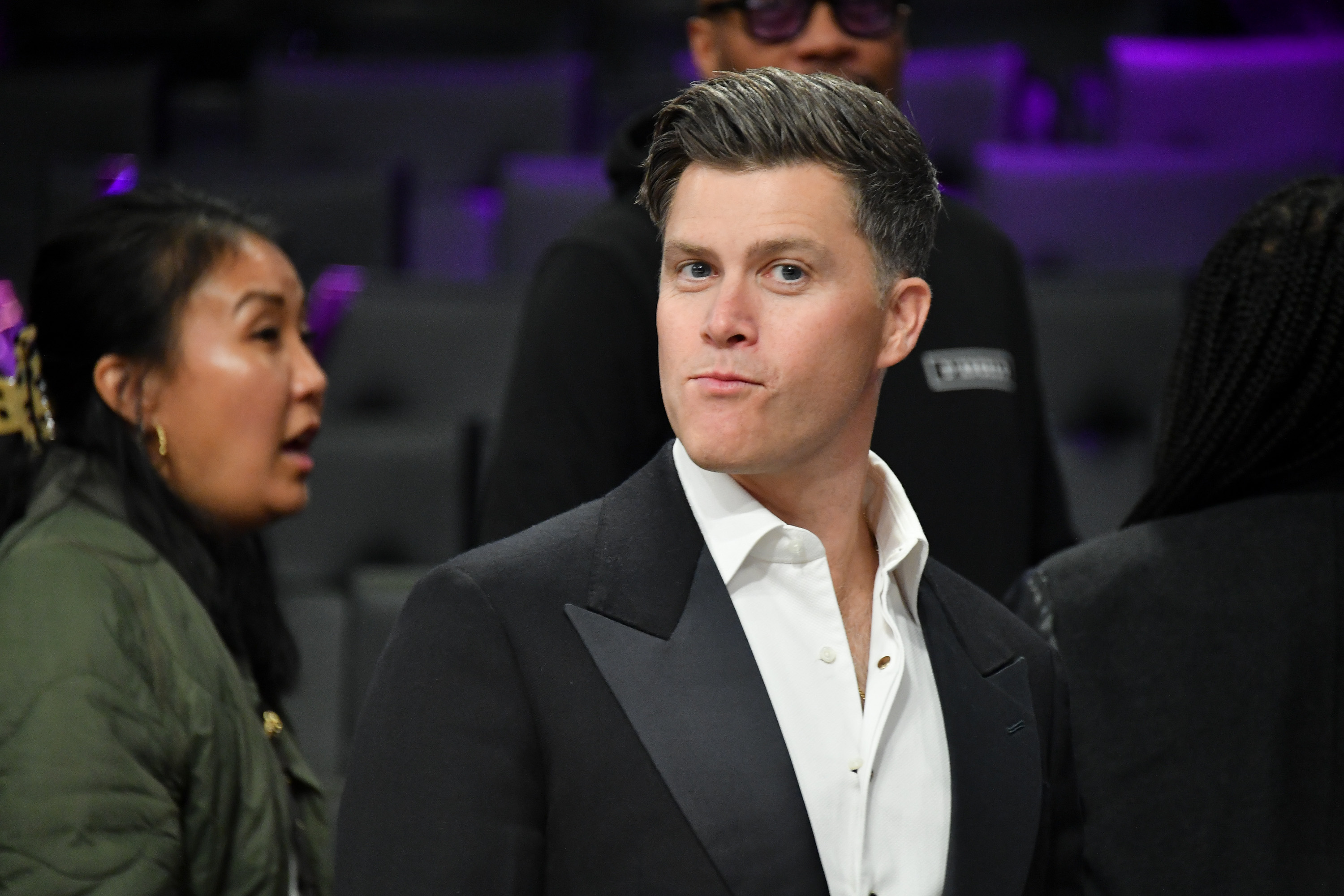


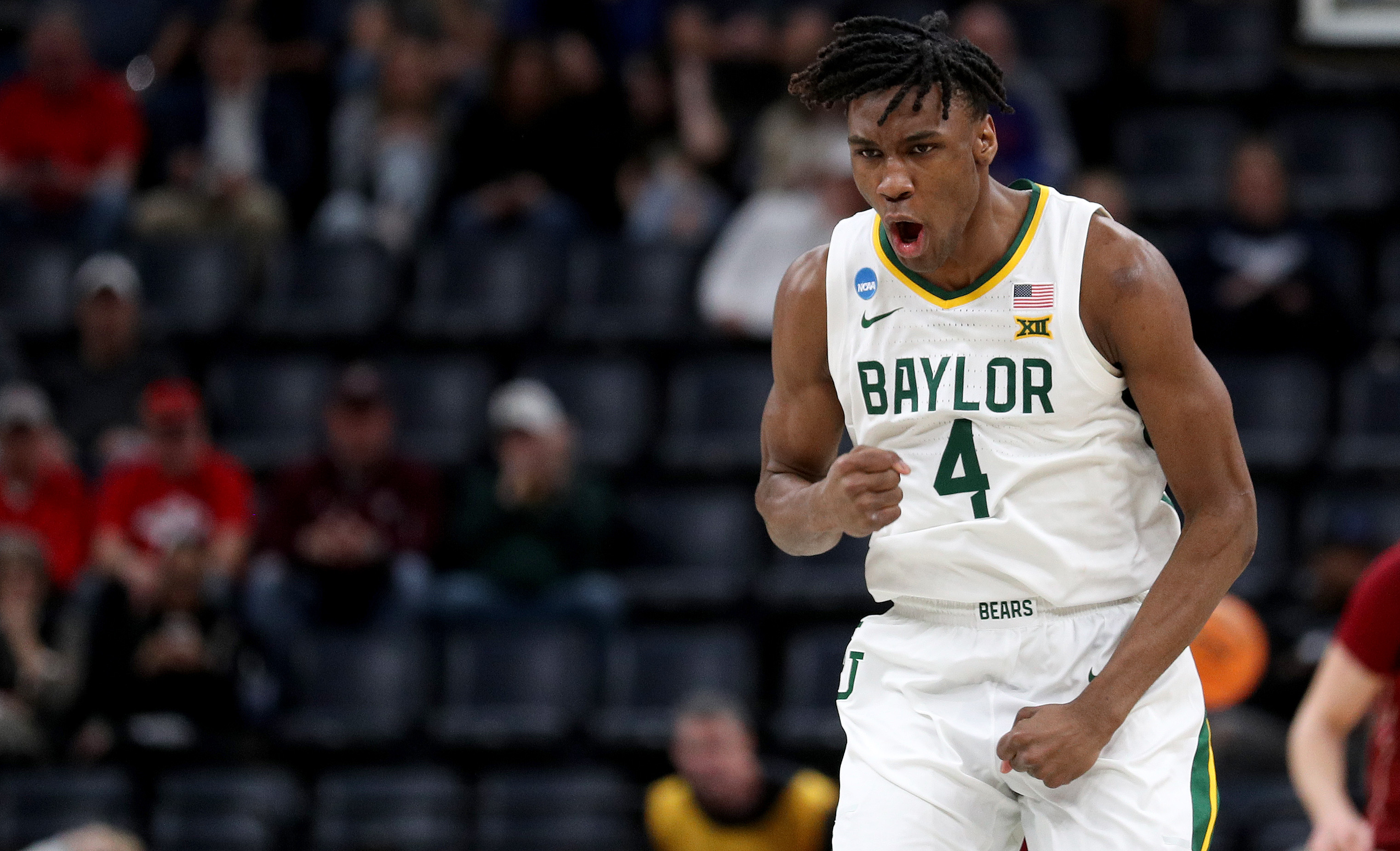
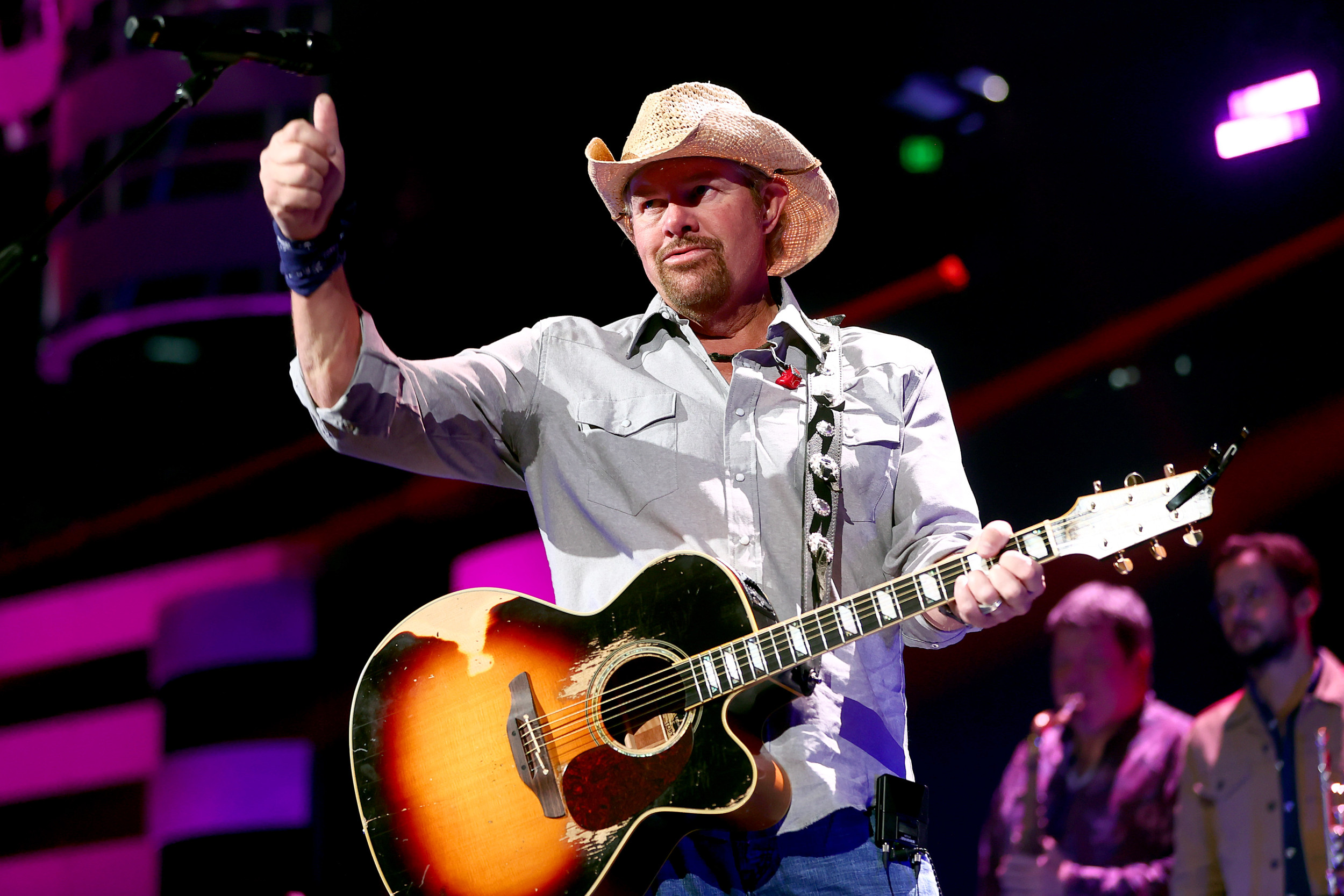


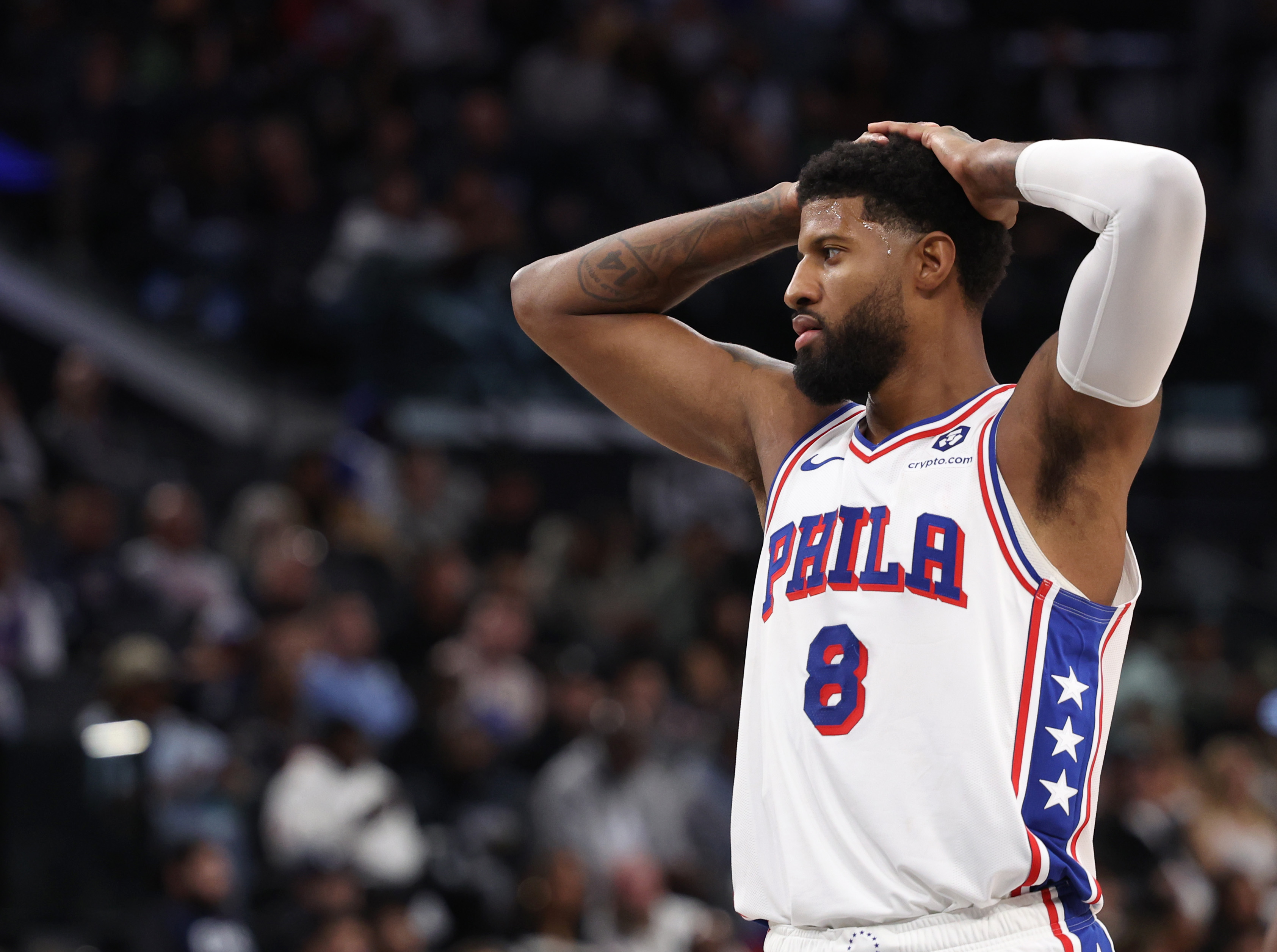





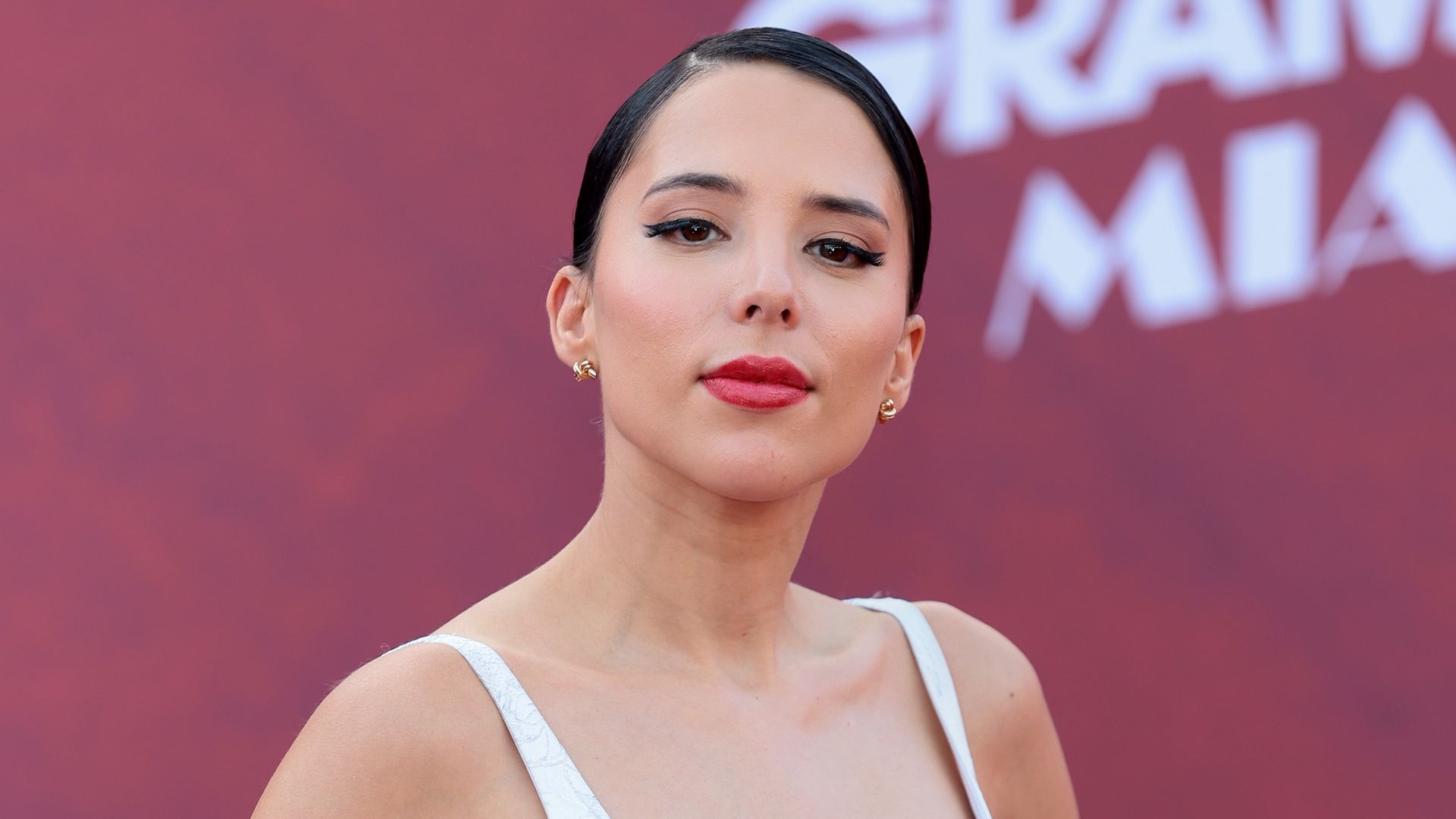)
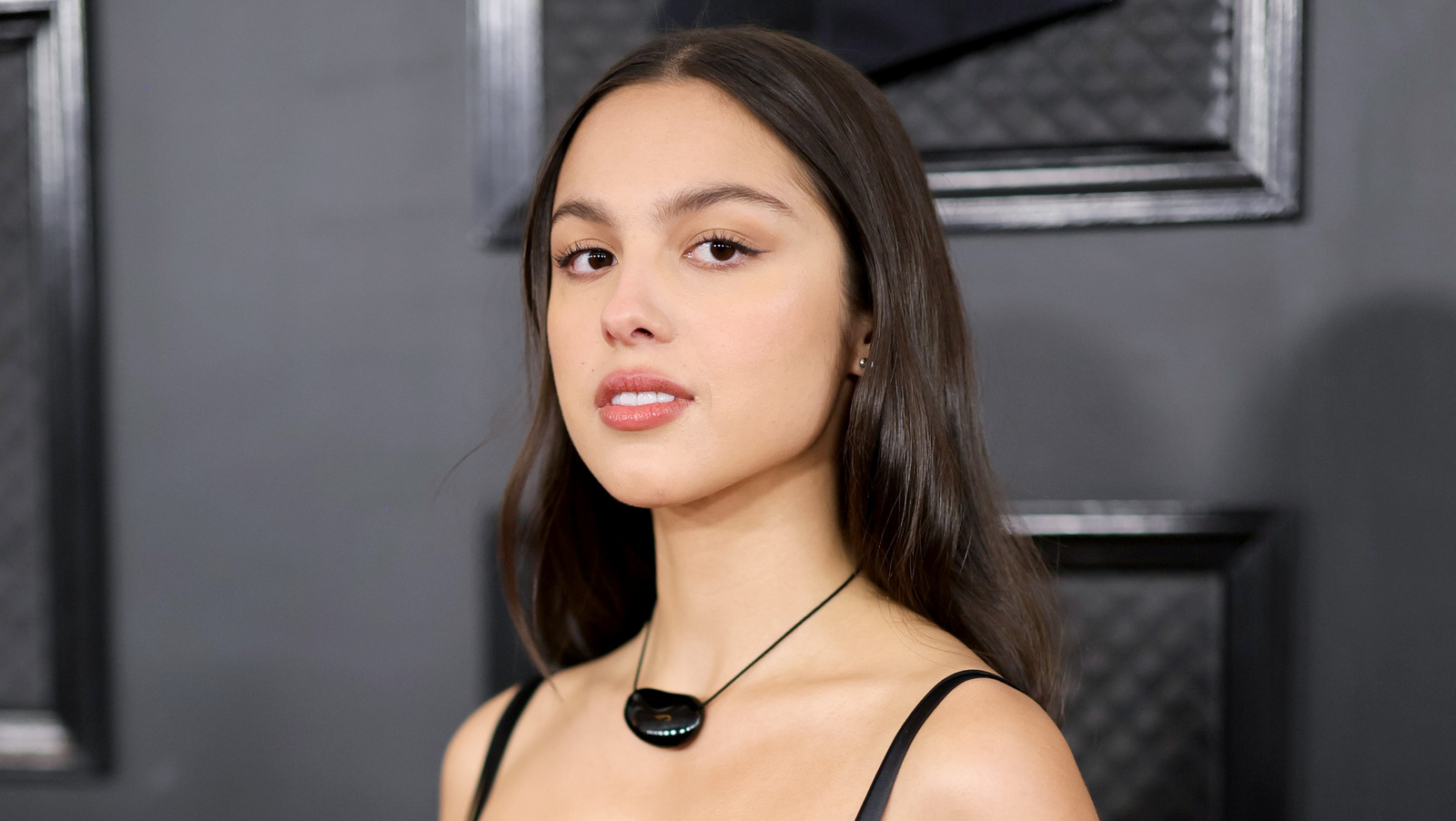




 English (US) ·
English (US) ·